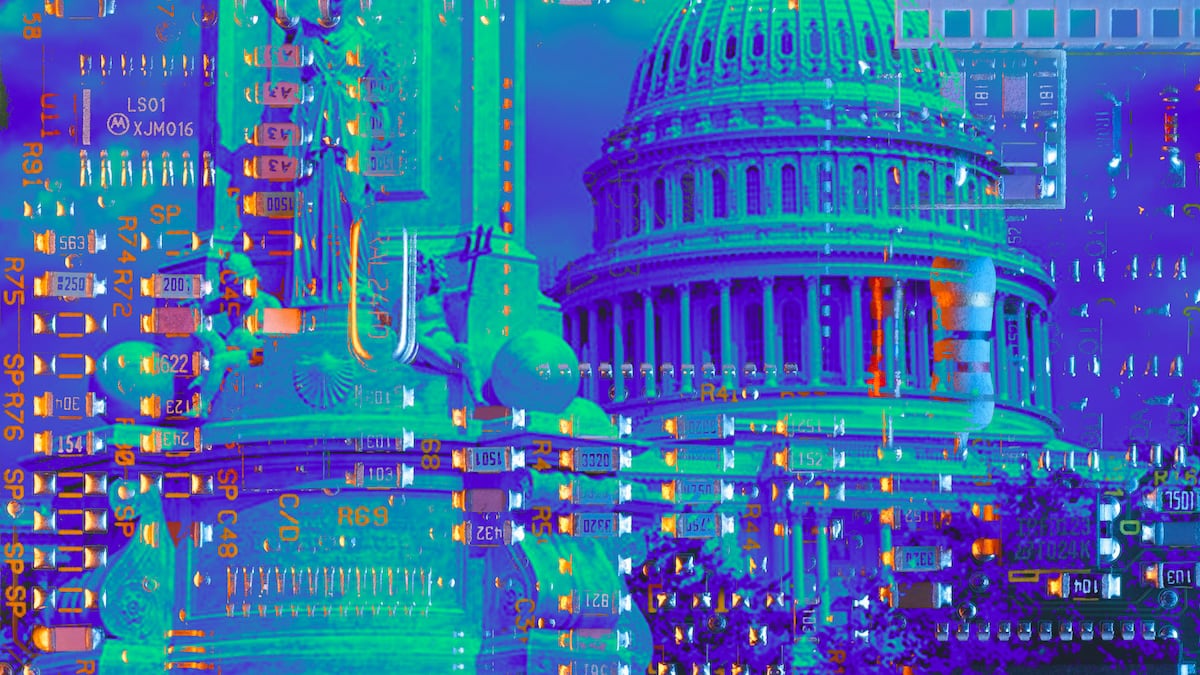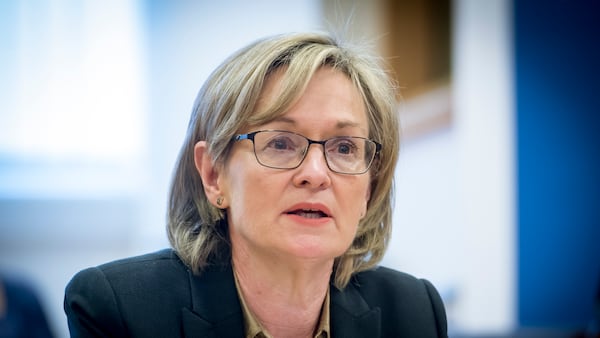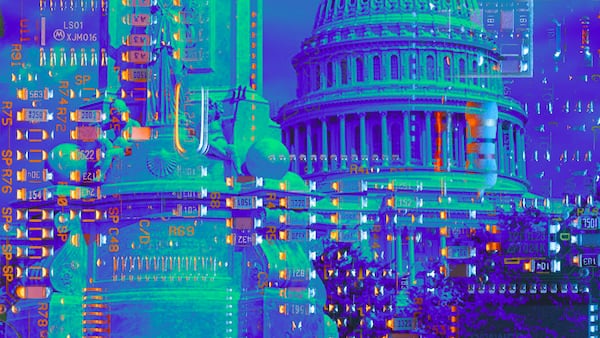The US Congress is divided over crypto market structure.
The rift was clear in two hearings this week, with Democratic and Republican lawmakers making clashing cases over how to address gaps in digital asset regulation.
The two hearings — one in a House of Representatives Agriculture subcommittee and one in the House Financial Services Committee — were held simultaneously on Thursday.
The hearings came hot on the heels of the financial services committee grilling of the Securities and Exchange Commission’s Chair Gary Gensler last week. That hearing unveiled simmering tensions on Capitol Hill about Gensler’s approach to crypto regulation.
House Republicans laid into Gensler for cracking down hard on the crypto industry while definitions of securities remain ambiguous.
Democrats on the other hand largely supported Gensler’s assertions that there is nothing inherently special about crypto, and existing securities laws are sufficient for its regulation.
NOW READ: ‘Not a warm and fuzzy guy:’ Gary Gensler’s past sheds light on his firm stance on crypto
These divisions carried over into the market structure hearings this week, with lawmakers reiterating their stances and witnesses articulating these differences in position.
H. Joshua Rivera, general counsel at VC firm Blockchain Capital, told the House Financial Services Committee that regulation of crypto should be “narrowly tailored, a top legislative priority, and focused initially on the business models that we currently understand well, such as centralised service providers.”
In contrast, Hilary Allen, a professor of law at the American University Washington College of Law, said in the same hearing that crypto-specific laws would just result in weaker investor protections.
“The crypto industry often demands that lawmakers and regulators understand the intricacies of blockchain technology before creating or enforcing more rules.
“But I would submit that the crypto industry needs to learn some basics about economics and finance before they argue that the rules shouldn’t apply to them,” she said.
‘The crypto industry needs to learn some basics about economics and finance before they argue that the rules shouldn’t apply to them.’
— Hilary Allen
Sidestepping the turf war
Congress has not passed any laws specifically around digital assets. In the vacuum, the SEC and Commodity Futures Trading Commission are engaged in a definitional tug of war. The SEC regulates securities and the CFTC regulates swaps, but when it comes to digital assets, both appear to make overlapping claims to certain cryptocurrencies.
An even wider problem is that a large swathe of crypto spot markets aren’t regulated by either agency, both committees heard.
These are the broad issues that the two committees are trying to address in tandem when considering market structure. Republicans in both said they would work together on creating a framework for crypto, drawing it into the CFTC’s purview.
In the Agriculture subcommittee hearing, Timothy Massad, a research fellow at Harvard University, said these political tussles will be intractable problems until Congress passes laws clarifying jurisdiction, and that will be a politically fraught and lengthy process.
Massad, a former chair of the CFTC, said there is an easier path forward to creating market structure that would at least offer the investor protection sorely lacking in spot markets.
Under Massad’s framework, unregistered platforms trading and lending Bitcoin or ETH would have to comply with a set of principles that included investor protection, preventing market abuse, and the like. These platforms would be overseen by a so-called “self-regulatory organisation” registered jointly with the SEC and CFTC.
NOW READ: Washington mulled letting crypto exchanges regulate themselves. That idea is dying
SROs are a kind of membership body authorised under a regulator. They are a central part of securities and derivatives market structure.The SEC and CFTC work closely with their respective SROs.
Massad and others have floated this idea before. Washington insiders say attempts have even been made to set one up.
But these same sources threw cold water on the idea that a crypto SRO could ever be achieved.
They told DL News that even a jointly administered SRO would be impossible to get off the ground due to a lack of political will.
Democrats in general think crypto is too dangerous to be left to its own regulation, even within the constraints of an SRO structure. And to Republicans, who tend to favour the idea of small government, creating more SROs means creating one more agency to deal with.





